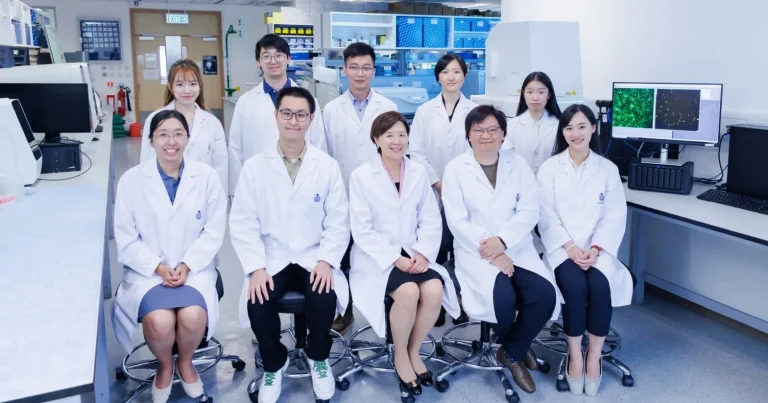In a monumental leap forward for medical science, researchers have unveiled a groundbreaking new treatment that holds immense promise in the fight against Alzheimer’s disease. This announcement comes as a ray of hope for millions of individuals worldwide who are affected by this devastating neurodegenerative condition, as well as for their families and caregivers who witness its profound impact firsthand.
Alzheimer’s disease, characterized by progressive cognitive decline, memory loss, and behavioral changes, represents one of the most pressing challenges in healthcare today. Despite decades of research and numerous clinical trials, effective treatments have remained elusive, leaving patients and their loved ones grappling with the profound burden of this debilitating condition.
However, the latest breakthrough offers a glimmer of optimism. Researchers have developed a novel therapeutic approach that targets key mechanisms underlying Alzheimer’s pathology, aiming to halt or even reverse the progression of the disease. Unlike previous treatments that primarily addressed symptoms, this innovative intervention tackles the root causes of Alzheimer’s, marking a significant paradigm shift in the field of neurodegenerative disorders.
At the heart of this pioneering treatment is a multifaceted approach that addresses various aspects of Alzheimer’s pathology. Central to this strategy is the targeting of abnormal protein aggregates, such as beta-amyloid plaques and tau tangles, which are hallmark features of the disease. By employing cutting-edge techniques, including precision molecular therapies and immunomodulation, researchers have devised methods to clear these toxic protein accumulations from the brain, thereby restoring neural function and cognitive abilities.
Moreover, the new treatment incorporates strategies to promote neuroprotection and synaptic plasticity, essential factors for preserving cognitive function and neuronal connectivity. Through the use of neurotrophic factors, stem cell therapies, and other regenerative approaches, researchers aim to rejuvenate and repair damaged brain tissue, offering potential benefits that extend beyond mere symptom alleviation.
Importantly, clinical trials of the new treatment have demonstrated promising results, with initial findings indicating significant improvements in cognitive performance, memory retention, and daily functioning among Alzheimer’s patients. These encouraging outcomes have generated widespread excitement within the scientific community and among healthcare professionals, who recognize the transformative potential of this breakthrough therapy.
While further research is necessary to fully elucidate the long-term efficacy and safety profile of the new treatment, its emergence marks a pivotal moment in the quest to conquer Alzheimer’s disease. Not only does it offer hope for individuals currently living with the condition, but it also signals a beacon of hope for future generations at risk of developing Alzheimer’s as the global population ages.
Furthermore, the development of this innovative treatment underscores the importance of continued investment in scientific research and collaboration across interdisciplinary fields. It serves as a testament to the power of persistence, innovation, and collective effort in overcoming seemingly insurmountable challenges in medicine and healthcare.
As we celebrate this remarkable achievement, it is imperative to remain vigilant in our pursuit of further advancements and breakthroughs in Alzheimer’s research and treatment. By harnessing the momentum generated by this milestone, we can forge ahead with renewed determination and solidarity, striving towards a future where Alzheimer’s disease no longer casts a shadow of despair over millions of lives.

